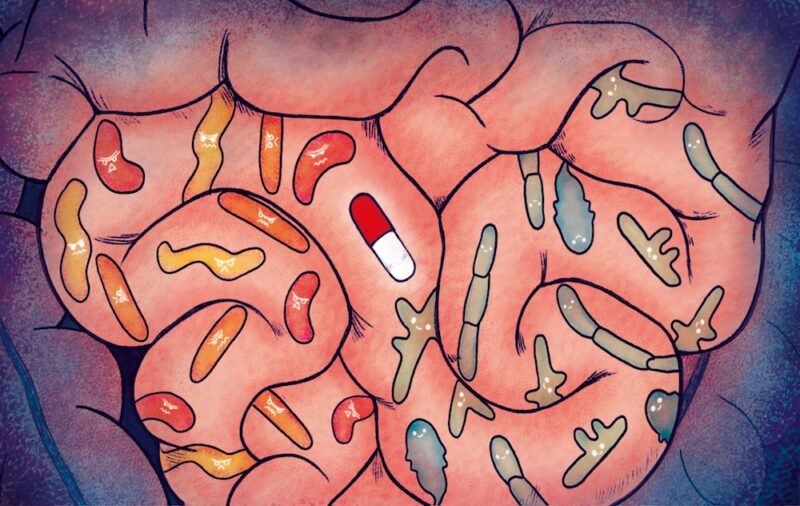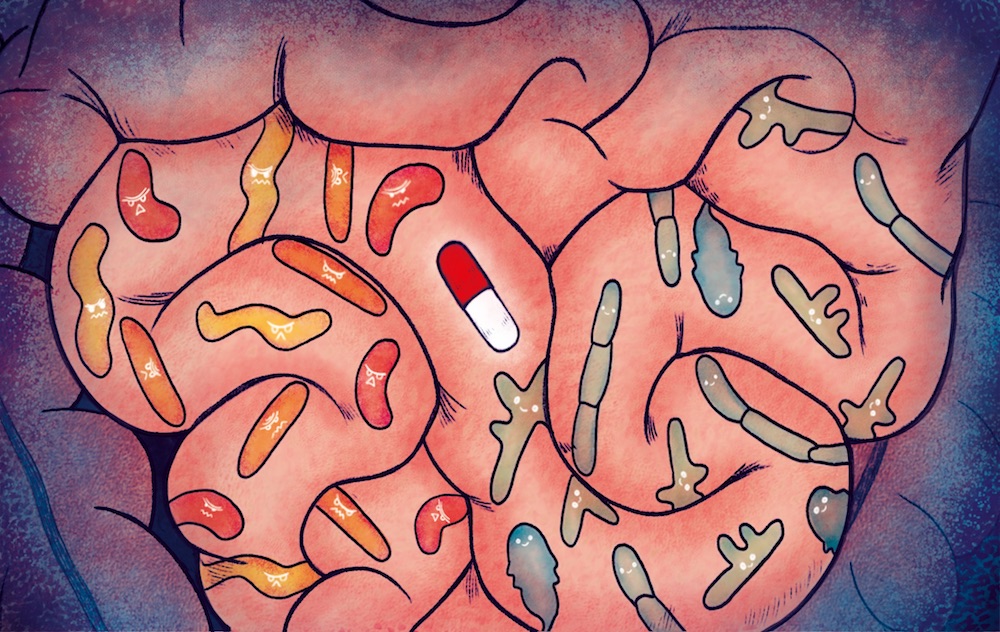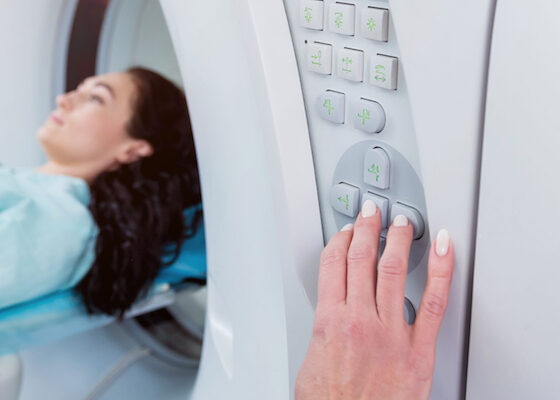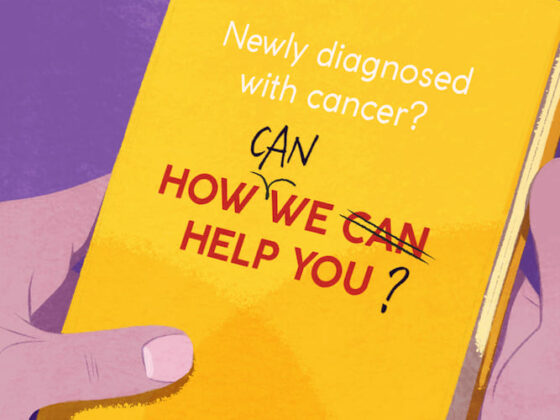Harmful gut bacteria may play a greater role than beneficial bacteria in determining efficacy of immune checkpoint blockade in melanoma patients. The study, published in Nature Medicine (28 February), found microbial signatures containing Lachnospiraceae species were connected to favourable anti-programmed cell death protein-1 (anti PD-1) clinical responses, while signatures containing Streptococcaceae species were connected to unfavourable responses.
The intestinal microbiome has emerged as a tumour-extrinsic predictive biomarker of immune checkpoint blockade efficacy. Administration of certain gut commensals has been shown to promote efficacy of anti-PD-1 in mice suggesting microbiota can affect immunotherapy outcomes. Furthermore, in two proof-of-concept trials, faecal microbiota transplanted from responders to non-responders overcame anti-PD-1 resistance in a third of melanoma patients. However, it has been unclear whether the microbiome exerts positive or negative effects on immune checkpoint blockade efficacy.
In the current collaboration, investigators from Oregon State University, the National Cancer Institute, the Frederick National Laboratory for Cancer Research and the University of Pittsburgh performed a meta-analysis of microbial sequencing data from four published independent cohorts from Chicago, Dallas, Houston and New York of anti-PD-1 treated melanoma patients, together with a new cohort. The new Pittsburgh cohort involved collecting stool samples from 94 anti-PD-1 treated patients with melanoma before treatment or within four months of starting anti-PD-1.
Using a statistical modelling technique, known as transkingdom network analysis, the team identified distinct microbial signatures associated with specific immune-related adverse events, profiles and outcomes. They also explored whether the machine learning model could be trained on one cohort and then used to predict anti-PD-1 responses in a second cohort.
Key findings included:
- Overall 27 distinct microbiotypes were identified.
- Meta-analysis and other bioinformatic analyses of the combined data show that bacteria associated with favourable response are confined within the Actinobacteria phylum and the Lachnospiraceae/ Ruminococcaceae families of Firmicutes.
- Gram-negative bacteria were associated with an inflammatory host intestinal gene signature, increased blood neutrophil-to-lymphocyte ratios and unfavourable outcomes.
- Favourable bacteria of the Lachnospiraceae family enhanced the immunostimulatory effects of anti-PD1 against cancer and self-antigens, while others dominated by Streptococcus spp induced organ pathology without enhancing immunity.
- A year after treatment begins, the gut microbiota became a dominant factor in response to therapy, and then the microbes detracting from therapy played a larger role than the ones enhancing therapy.
- Microbiotypes showed an unequal distribution across the five cohorts.
- Machine learning trained by an individual cohort failed to predict response across the other cohorts, likely due to cohort heterogeneity and small size.
“Our findings shed new light on the highly complicated interaction between the gut microbiome and cancer immunotherapy response and set a course for future studies,” said Andrey Morgun, one of the investigators from Oregon State University College of Pharmacy.












